Bishop Paul Horan, the President of the Zimbabwe Catholic Bishops and prelate of Mutare Diocese said the Synod on Synodality is about changing attitudes, for everyone, but especially the leadership.
In an interview on Catholic Focus, a program produced by Jesuit Communications, Bishop Horan said the Synod is a ‘quiet revolution’ which is fundamentally about changing attitudes.
“I think fundamentally it is about changing attitudes and opening ourselves up to a new experience of being the family of God, being part of God’s kingdom. That is especially for us in leadership,” he said.
“We have to really try to follow the example of Pope Francis in seeing that the Holy Spirit works from the very first day of Pentecost, when the Holy Spirit came down on the apostles in Jerusalem, he not only came down the apostles, he came down on all the people gathered there.”
He added that for the leadership, the synod calls for a change, “a change in our style of relating to people generally, but also the style of leadership that will be asked of bishops and priests and pastors and all Christian leaders.”
Bishop Horan explained that the synod challenges the local change to change their attitudes towards inclusivity and ‘consultation has to be now maybe more organized and more systematic than maybe before.’
He also said that lay people and the religious will be invited at the bishops’ conference forthcoming plenary session in April to deliberate on what the local church can ‘begin implementing even now from the fruits of the discussions’ with the goal to see ‘how we can open up more.’
Breaking the Unjust fetters- on Corruption, elections and violence
The Bishops’ pastoral letter released at the beginning of Lent in February, bemoaned the high levels of corruption, political violence and the worsening poor living conditions for the people of Zimbabwe.
Highlighting the key messages in the pastoral letter, Bishop Horan bemoaned the high levels of corruption.
“So the whole area of corruption has to be addressed. We have many resources, not only minerals, but also our good land, and our educated people, but it hasn’t been coming together.”
“The fruits are not being seen, except for maybe a small minority of people that we notice are driving around with big cars, but the vast majority of people, they’re still living in very poor conditions with very little money to provide for their families,” he said.
Bishop Horan added that addressing corruption “is a serious issue for the economic revival of our country, because corruption really drives away investment, especially international investment.”
He added that the Catholic Bishops are hoping for a free and fair election, void of intimidation by politicians or traditional leaders.
“As bishops, we would want that to be the case. We know God will bless the country then because the people’s rights have been respected and God wants his people’s rights to be respected and he will bless the country abundantly. And we’ll see a huge change in Zimbabwe.”
The bishops’ pastoral letter also refers to the general election as ‘a sacred moment of Synodality” for Zimbabweans.
“A general election is a sacred moment of Synodality and communal discernment because Synodality is about journeying together, an important watershed moment in the life of a people,” reads the letter.
By Tadiwa Madava

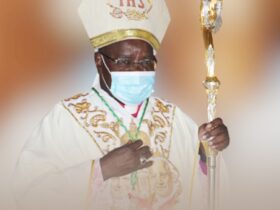
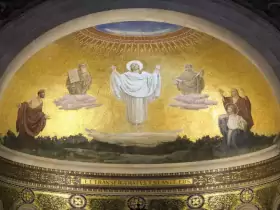
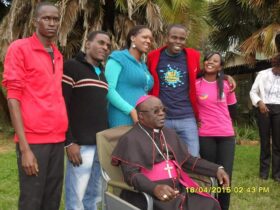
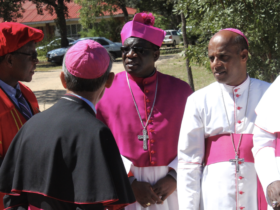

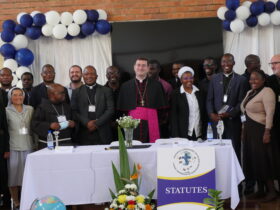

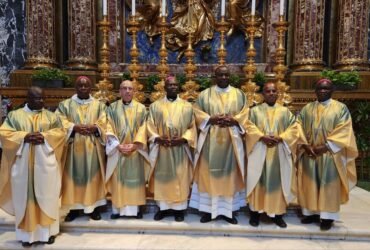
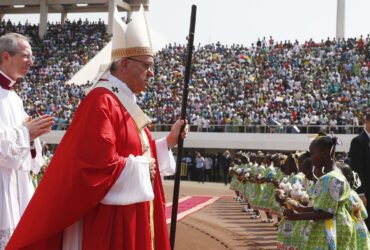
Leave a Reply